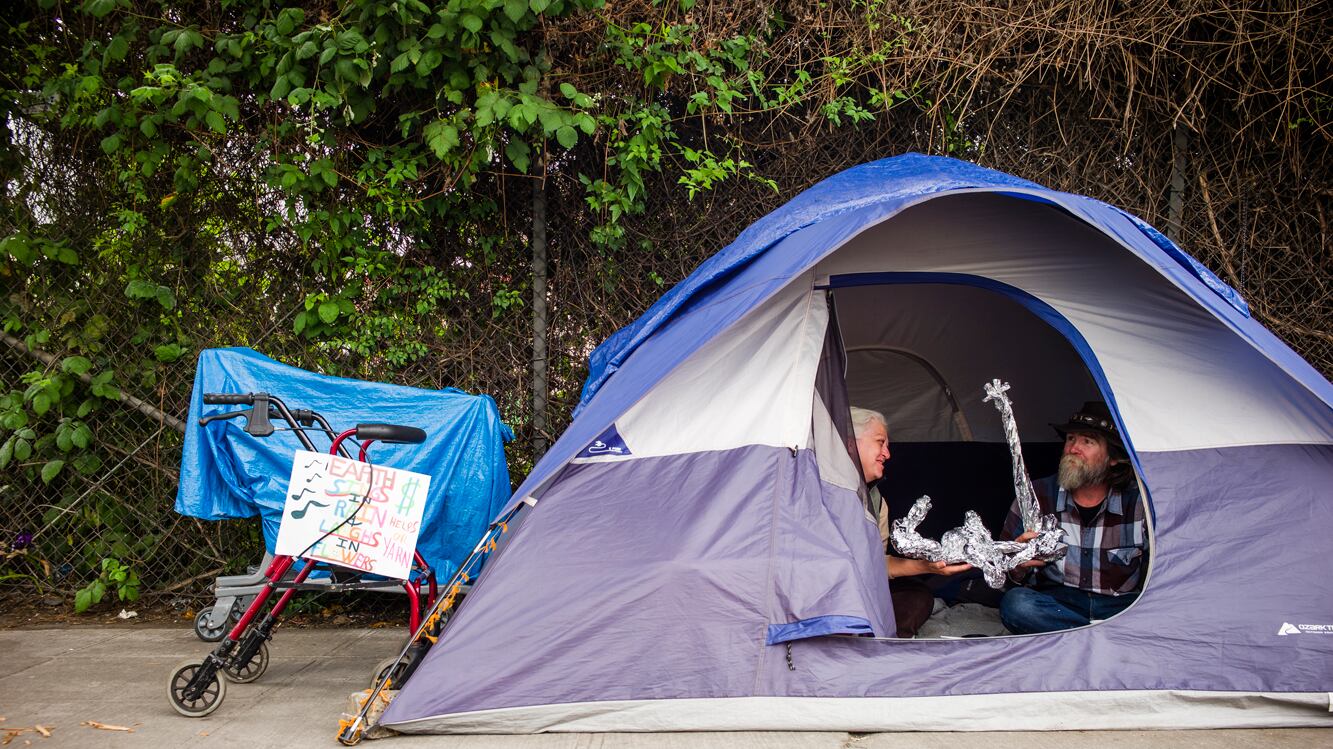Mayor Ted Wheeler, who campaigned four years ago for office on a pledge to have a shelter bed for anyone without a place to live, said this week the results of the 2019 count of people sleeping outside did not mean Portland needed more homeless shelters.
Instead, Wheeler said the city needed more homeless services—and said he supports funding them with a tax measure placed on the 2020 ballot.
The count of homeless people in Multnomah County showed an increase in people on the streets but a decline in homeless people in the county overall, including those in shelter.
"It does not call out shelter space as being a particular problem," the mayor said in response to a question from WW at a media availability on Thursday.
Wheeler argued the city should continue its progress toward providing the mental health, drug addiction and other services to go with affordable housing the city and region are investing in.
His reaction isn't exactly a surprise. Since at least October of 2017, Wheeler has dropped his focus on hitting new benchmarks for shelter beds (he has said the county and city have hit the increases he was talking about during the campaign). Instead, he supports a broad investment in strategies to address homelessness, including more resources for the services that accompany that housing.
Notably, Wheeler on Thursday said he believes that Portland voters still view homelessness as the city's top priority, and he supports going to the ballot to obtain more resources for homeless services—and added that he would choose such a measure over the transportation proposal that regional government Metro is expected to put on the ballot in 2020.
There's no clear plan yet on what funding source voters would be asked to approve.
Here's part of the exchange from questions Chair Deborah Kafoury and Mayor Wheeler answered on Thursday.
WW: Do you support going to the ballot in 2020 to provide funding for more services?
Kafoury: "We're not going to be able to solve the chronic issues that people are suffering from unless we have additional support. We've gone to the state legislature to ask for support. We're working with our congressional delegation to get more support. And we will ultimately talking with the voters in our community about having more support."
Wheeler: "First of all, I agree with the chair….While I would love for the federal government and the state government to fully support us in our desires to have a robust mental health and addiction delivery system in our community, the reality is we have to lead here. And so I'm in alignment with the county in their efforts to secure those additional resources….The public repeatedly says to me and to the chair and through our surveys that the homelessness crisis is the number one issue in this community. Full stop. And so they have an expectation that we're going to address it. And to address it we need the tools and the resources to get it done."
WW: You think the homelessness crisis is number one over traffic and congestion?
Wheeler: "Yes, yes, I do."
WW: Does this should mean it should be the priority over the Metro transportation measure?
Wheeler: "They're both important. But I can tell you the number-one issue in Portland right now is the homelessness crisis.
"Now remember, elected officials—we work in multiple spaces simultaneously, so that doesn't mean we take our foot off the accelerator on one issue so we can put it on the other. We are working on multiple issues simultaneously."

